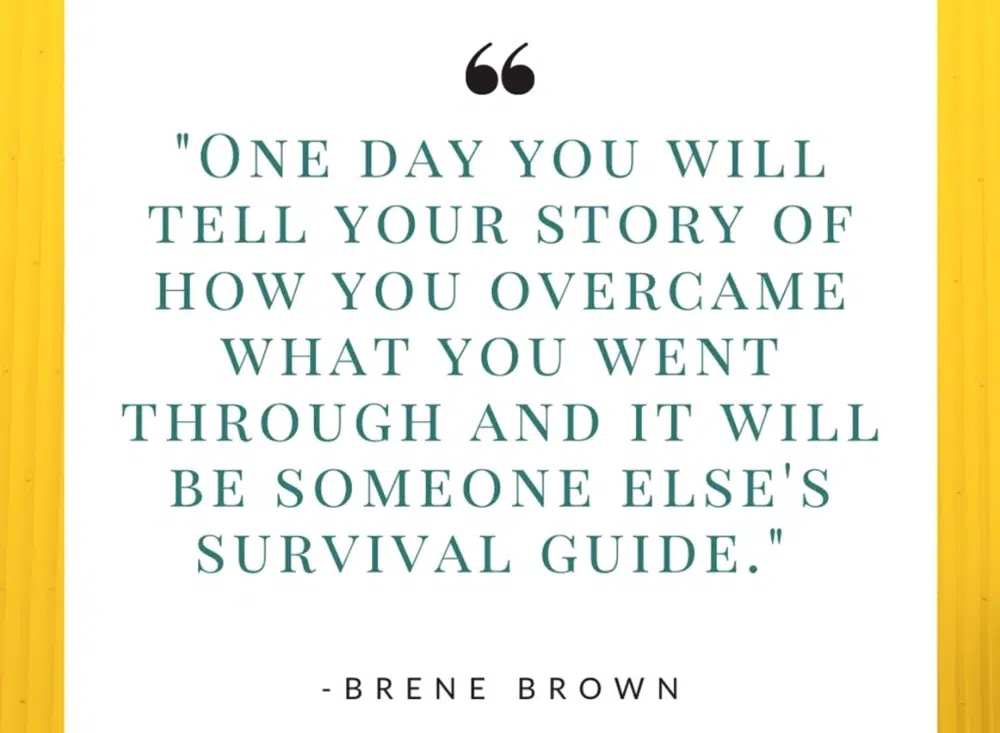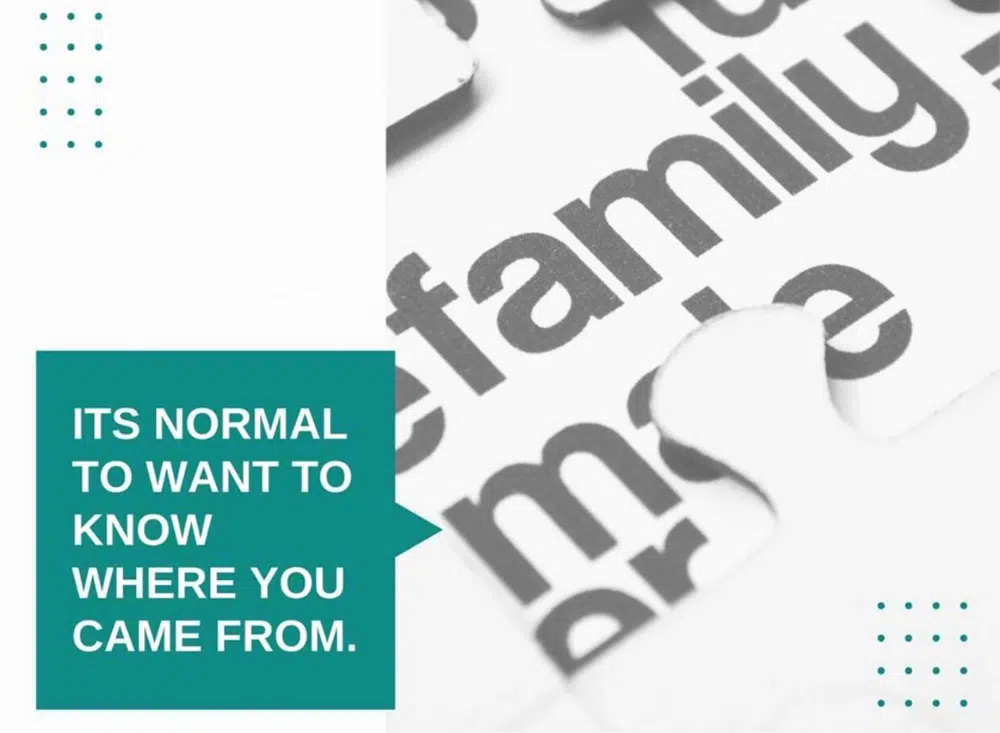
Donor Conception
How I feel about being donor-conceived – Bee’s story
Bee & The Ribbon Box Team | 26 Apr 2021
Sharing stories that matter
April 27th marks International Donor Conception Awareness Day – a movement launched by The Ribbon Box alongside 24 partners, with huge thanks to Jana Rupnow for bringing it all together.
This day is all about recognizing both the joy and the complexities that come with donor conception. It’s a chance to amplify the voices of donor-conceived adults, as well as parents who have built their families through sperm, egg, or embryo donation.
As a parent of sperm donor-conceived children, I believe it’s crucial to listen to the full spectrum of experiences and emotions surrounding donor conception—because every story matters.
Today, for IDCAD, we’re hearing from Bee, a mother of two in her thirties who, just last summer, discovered she was donor-conceived. A quick login to 23andMe led to an unexpected revelation – she had matched with 12 half-siblings.
Bee is what’s known as a late discovery donor-conceived person – her parents had never planned to tell her. Back in the ’80s, fertility specialists often advised parents to keep donor conception a secret, an approach that has left many navigating complex emotions later in life.
Bee is sharing her journey – the highs, the challenges, and her perspective on donor conception. If you’re going through something similar, her story and advice might just resonate.
Words by Bee
@inconceivedable
Where’s your head at, following your discovery?
Well right now it’s a whole lot of everything. I feel both happy and devastated about my donor conception.
I’m happy I’m alive – without donor conception I wouldn’t exist as myself. It’s super-weird to think about, as it wasn’t really my decision. I’m happy to be making connections with my siblings. We have so many similarities and I am so grateful they will be in my life from here on out.
It was absolutely devastating to learn my Dad wasn’t my biological father. I feel heartbroken my parents kept this choice to themselves and didn’t ever plan to tell me.
There’s another dynamic here, and I’m extremely upset that I went through the IVF process and created embryos not knowing my own DNA, not knowing my own medical history.
It’s hard to know if I will ever have the ability to talk to my biological father (and my biological grandfather, who I discovered is still currently alive). It’s upsetting to think he might not want to know who I am, or know anything about my kids (his biological grandchildren). It hurts that he hasn’t replied to my email. I worry I have siblings out there who don’t know yet, who might never know. I hurt for them.
Right now, the hurt often outweighs the joy.
On your watch list: 5 ways to empower your donor-conceived kids LIVE

What should parents bear in mind?
First off, I’m not someone who thinks donor conception shouldn’t exist. Not at all.
Do I feel uneasy about the idea of selling sperm? Yes, a bit. It’s hard not to wonder why it’s illegal to sell a kidney, but not your genetic material. But honestly, that’s not my main focus.
Here’s what really matters to me: I believe everyone deserves the chance to build a family. I fully support single parents by choice and same-sex couples – donor conception should absolutely be an option for them.
That said, the most important thing you can do for your future child is to be open and honest. Transparency is everything.
Choose a donor your child can potentially have contact with one day. Someone who’ll be okay answering their questions, who’ll treat them with kindness and respect.
Find out how many half-siblings your child could have – and ideally, connect with other parents who are open to those sibling relationships. Think about sibling limits, too. Personally, I don’t think any one donor should create more than 20 children (though I’m open to rethinking that in the future).
And if you’re planning to have more than one child? Use the same donor, if you can.
But above all: tell your child the truth.
Tell them from birth how they came into the world. Talk about it often. Make it part of your family story, not a secret.
Don’t let your own pain from infertility or genetic loss make it hard to answer their questions. Be ready. Think ahead about what they might ask, and how you’ll respond. Validate their feelings – even if it stings a little.
Because here’s the thing: donor-conceived kids often stay quiet about their questions. They don’t want to upset their parents by asking about the donor or their half-siblings. You don’t want that for your child. You want them to feel safe, heard, and deeply loved – exactly as they are, and exactly how they came to be.
Read this next: How to create a wider support network for your donor-conceived family

What if your parents had told you, at a younger age?
This is a really tough theoretical question for me. I understand why you ask it, because I think the answer many intended recipient parents want to hear is: “Yes, tell your kids and everything will be okay!” But I don’t think my response is that simple. Feelings about donor conception depend hugely on the child and the parents involved. I can only speak from my own experience.
For me, this question brings up the pain of my parents keeping it a secret, and makes me reflect on who they are as people. Disclosing it to me at a young age would have required them to have the emotional maturity to tell me in a healthy way, and to keep having open, non-judgmental conversations as I grew up and had more questions. It would have meant putting aside their own feelings about using a donor, setting down their infertility traumas, and truly supporting me as a curious child.
Honestly, I don’t know if my parents could have done that. In some ways, I think it might have been even more harmful if they had told me as a child, but then invalidated my feelings about it – like they do now. As an adult, I can stand up for myself, call them out when I feel hurt, and make sense of things in my own way. As a child, the power dynamic is completely different. I think I would have felt ashamed, and tried harder to please them – pushing myself to make them happy and heal their pain, even if that meant ignoring my own feelings. I know now that’s not fair to place on a child, but back then, I wouldn’t have understood that.
There’s no way to know how a child will feel about their donor conception, what will matter deeply to them, or what they won’t care much about. The only thing you really have control over is how you react, how you manage your feelings. Have you truly processed the genetic loss of using a donor? Or could your child’s questions trigger that? If so, will they see your sorrow and grief, and feel the need to fix it? The best thing you can do is heal yourself first, and work through your own responses before your child ever comes to you with theirs.
I’m sorry if this isn’t the answer you were hoping for. This whole process is incredibly complex. I plan to write more on this topic, and I’ve started speaking with other donor-conceived people too, because I know it’s something potential recipient parents really want to understand.

What are your feelings on donor conception, before and after your IVF struggle?
I have two IVF children of my own. I struggled with infertility for 8 years, far longer then I’ve currently struggled with the identity crisis of being donor conceived. When we made embryos, we were very very lucky. We had more then we needed (so I thought). I was actually excited to be able to gift them someday to someone, as long as they were willing to be semi open, so the kids could all know each other. We ended up using every single embryo we made to have our two children (in the process we discovered I also suffer from repetitive miscarriages in addition to infertility). If fact my littlest was our final embryo, our last chance at a sibling for our eldest.
Now that I have discovered I’m donor conceived, I’m actually horrified I ever casually thought about giving my littlest up. I cried so hard one night to my partner, what if we had done it, what if we had donated and then I found this out? What if I knew what pain I’d be giving to my own children by donating them. I was so focused on giving an infertile couple joy, I never considered the pain that would come to a child. And that pain lasts a lifetime. I know there won’t be a time in my life I will be able to ‘forget’ I’m donor conceived. This decision, that I wasn’t even a part of making, altered my life forever. It’s a roller coaster of a ride and I want to support anyone who’s on it with me.
One important thing I want to say in closing. We aren’t a monolith – donor conceived people don’t all feel the same about donor conception. I’m just one of thousands out there; please keep listening to our stories. Push your clinics and your sperm / egg banks for transparency, push them for more education and counselling, for more known donors, for sibling limits. You can make a difference in children’s lives if you just start asking these questions. Sometimes I feel that, in order to change the industry, it’s got to come from the ones that are funding it, the infertile community. We need your support and your help in this.
I feel my parents’ fertility clinic didn’t care about me after I was made. It’s a hard thing for me to wrap my head around as a human being – makes me feel like a commodity, a dollar sign, it’s a heavy feeling.
If you’re looking into donor conception and want to chat with others travelling the same road, then subscribe to our newsletter.



